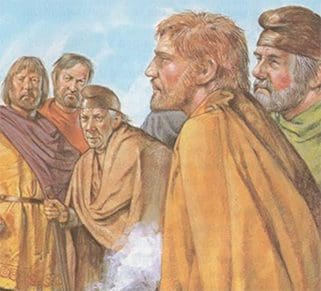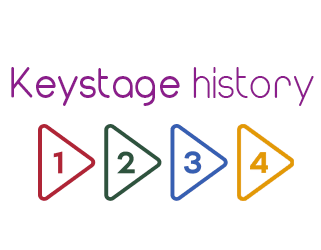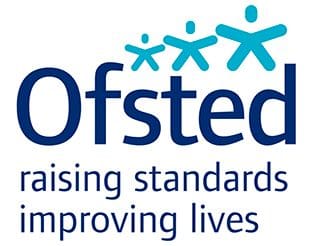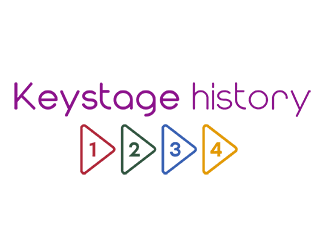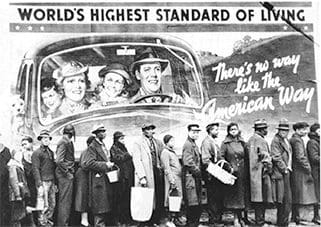
Now is the perfect time to get your assessment system for history in better shape. If colleagues know the criteria against which pupils’ work in history will be judged (and I don’t mean (effectively) literacy!) then the pupils’ work will be far better focused. Pupils will know which content is crucial and will know how to think historically. The over-riding purpose in assessing pupils’ work should be to bring about improvements in what they achieve. But to do this, assessment needs to be based upon two things: as clear an understanding as possible of what counts as getting better at history; and the recognition that achievement will vary according to context. Determining pupils’ knowledge and understanding of history should take into account such factors as:
- the complexity of the historical events being studied;
- the amount of factual detail to be grasped in order to give a good answer;
- the difficulties posed by the evidence being used; and
the nature of the particular task being undertaken. How much have the pupils been supported? As we all know what a pupil may achieve given one set of parameters will not necessarily be replicated when those parameters are altered.
So how can Keystage history help you?
On the pages below you will see a set of common assessment tasks which have been carefully designed, and tested in classrooms, to show how each of the above factors has been taken into account. They all come with associated markschemes showing how pupils’ answers match national expectations. Often there are examples of pupils’ work too. We are far from saying this is the only route to go down but those who have are convinced of its merits. Worth a look.

